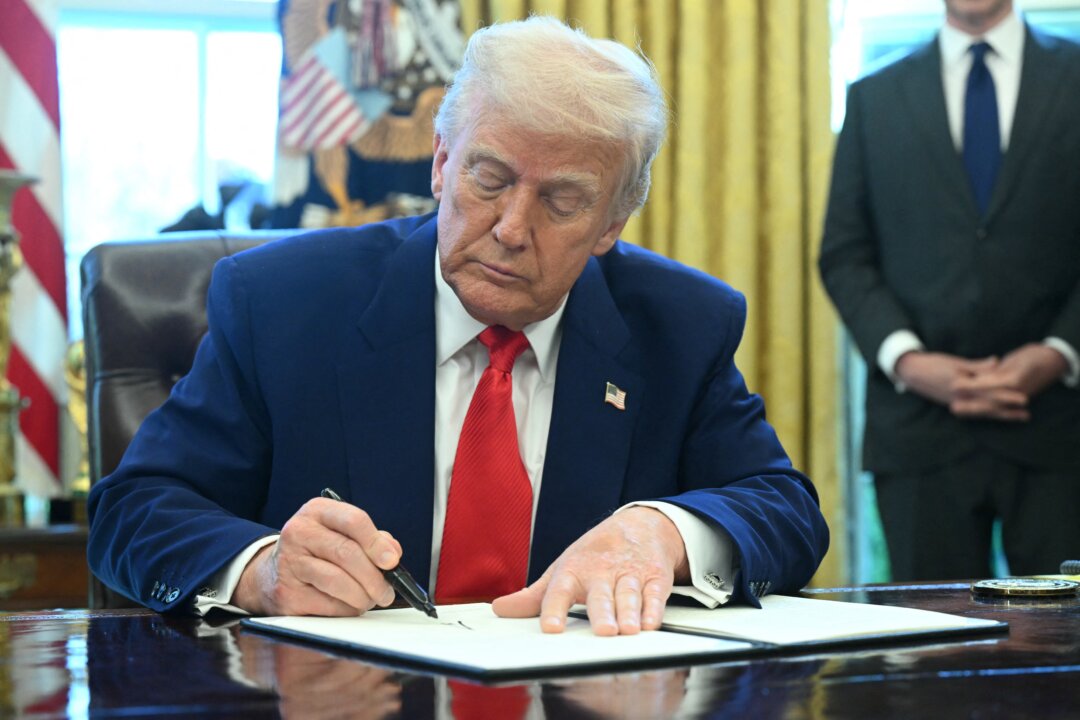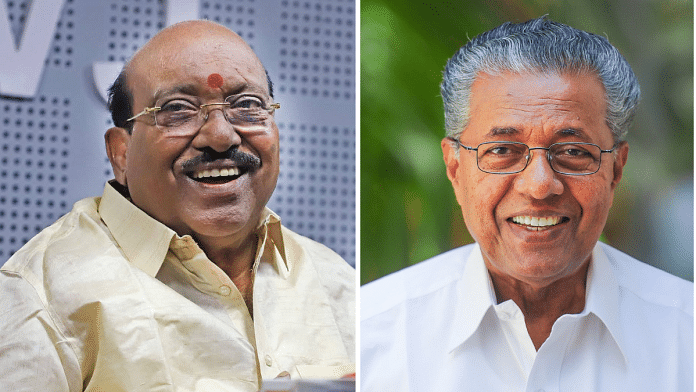Article content People who choose to live in Ottawa tend to dislike Preston Manning. The city’s disdain for him is on the same scale as Western Canada’s anger at the memory of Pierre Trudeau. When the Globe and Mail published the former Reform leader’s warning that Mark Carney poses a threat to national unity on Wednesday, that vitriol arose once again, scolding him for failing to toe the Team Canada line.
That does not change the fact that Manning has a point. Too many assume that the stability of the Canadian federation is strong, but it will take much less than they think for the country to shatter into several broken pieces. If that happens, Alberta, not Quebec, will lead the way.

Alberta has wealth, and enough oil and gas to generate more, many times over. The province still needs friendly borders to sell it, and the United States can deliver that if Alberta breaks away, which would be a fatal tragedy for Canada. If the Liberals win another term in government, as the polls currently point towards, there are determined and well-funded activists who will stoke the appetite for a sovereign Alberta.
Plans are already being made by the Alberta government for a debate on the province’s place in Canada, although Danielle Smith’s UCP has ruled out leading a separatist campaign. Should Carney remain prime minister after April 28, along with the rest of Justin Trudeau’s former ministers, there will still be a real showdown between Ottawa and Albertans, if not their government. A Mainstreet survey commissioned last month found that almost 40 per cent of Albertans support the idea of separation to varying degrees.
That is a very high floor for a pro-independence faction, especially when that side is already laying the groundwork for a grassroots campaign. Independence sentiment isn’t new in the province: it surged in the aftermath of the 2019 and 2021 federal elections, driven by disgust for Trudeau and his anti-petroleum regime. But Mainstreet’s numbers show that similar sentiments are already at the same or greater levels before voters have even gone to the polls.
Done well, a provincial independence campaign could go even further to boost those ambitions. Brexit is the best example of this: the Leave campaign started behind the eight-ball in 2016 before running over Remain’s terrible, complacent campaign. The United Kingdom ultimately voted to leave the European Union.
In the event that Albertan separatists and Canadian federalists battle for hearts and minds, the Quebec separatist Parti Québécois and its federal counterpart, the Bloc Québécois will watch as the Canadian federation gets weaker. A simple majority in the referendum on Albertan independence is all the Quebec sovereigntists need. The psychological and political impact of a province voting to exit the federation can be easily leveraged by Canada’s other secessionists.
Canada has endured for nearly 160 years now, in the face of a hostile geographic climate and ambitious neighbours. This remains a country with the ability to inspire, innovate, and be a great power in its own right. However, there is no permanent formula for making Canadian federalism endure.
It requires flexibility, and a willingness to make it work for the provinces. If the process of leaving Canada is seen completely through, constitutional amendment and all, Alberta would start a whole new relationship with the United States. In time, the province could expand the infrastructure that pumps oil and gas south, and the extensive American pipeline network will reach the coasts for export.
Considering the economic chaos that would result from Alberta leaving Canada, the cheapest way to avoid that is giving the province what it wants. That does not mean tens of billions in transfer payments, it simply means Ottawa choosing to step aside and loosen the vice-like restrictions on building economic infrastructure and extracting resources. That would require the ideologues and failed technocrats who have delimbed this country for the past 10 years to realize their errors, and change course.
They must stop treating Alberta’s oil and gas-driven economy like a terminal patient that must be slowly smothered with emissions caps and making it so difficult to build that the federal government has an effective monopoly on constructing pipelines. That, or they may be replaced by a Conservative government, which could immediately act as a release valve for the pressure building up in Alberta. Western alienation was a political force in the 1990s, but today, those sentiments are stronger than ever, and backed by the West’s growing political and economic power.
The chaos will begin if that propels Albertans to go it alone. With them would go the biggest net distributor of the transfer payments that glues the federation together, 15 per cent of Canada’s GDP and the country’s primary source of oil and gas, its largest and most valuable export . The economic shock would gut Canada like it were a dying pig, and make Trump’s tariffs look like child’s play.
People like Trudeau and Carney should realize this. Their indifference risks plunging Canada into a withering brain drain, along with economic and political anarchy as the country unravels. Those comfortable grey hairs in Ontario will not be able to stop it.
Alberta will be gone, and the rest of us will miss them. Canada is a country worth saving. It is not worth the risk of leaving that up to a referendum that federalists may not be able to win.
National Post.
Politics

Geoff Russ: Alberta separatists can't be ignored if Canada is to survive

Ottawa needs to get out of the way















